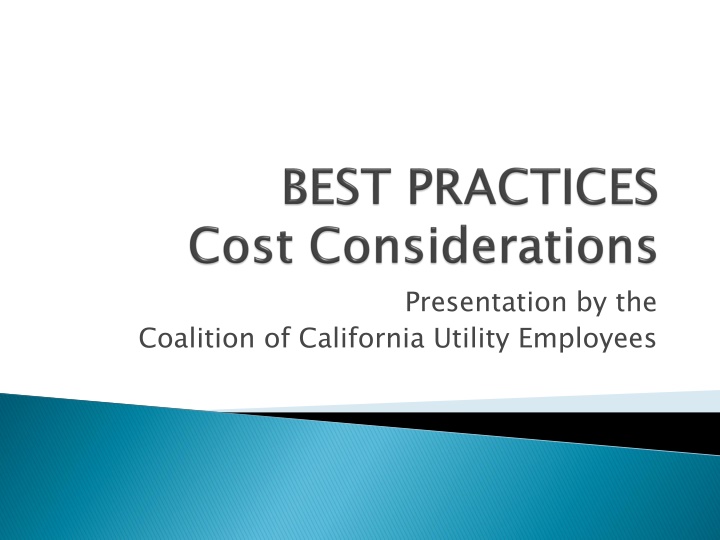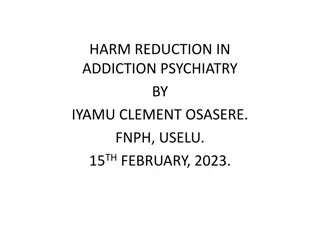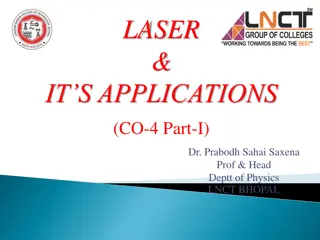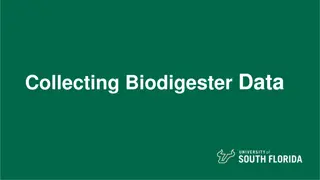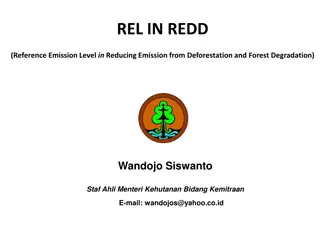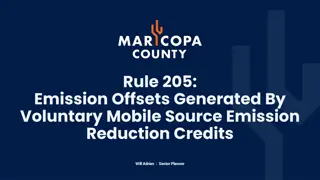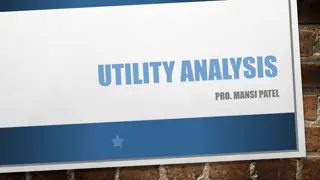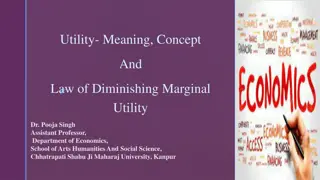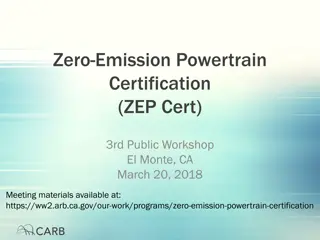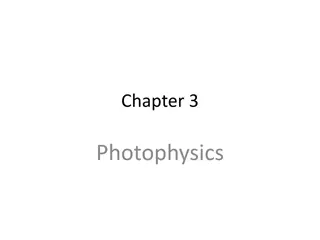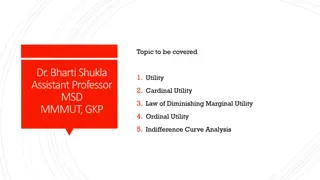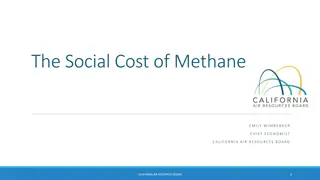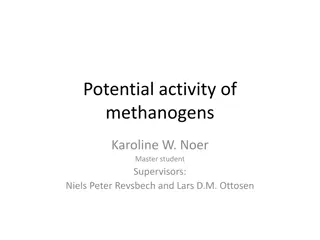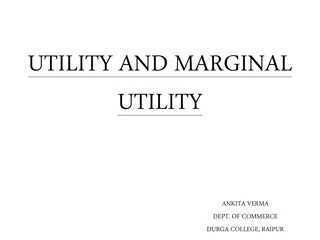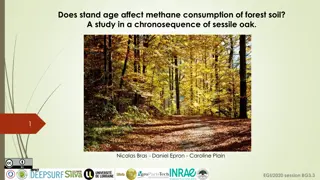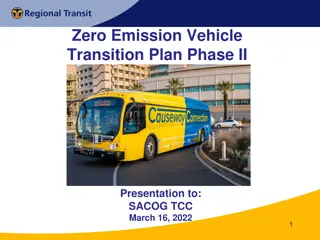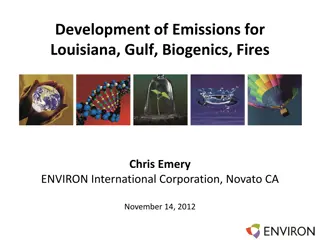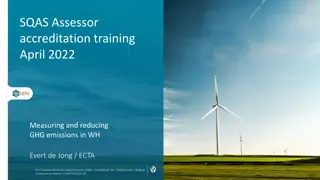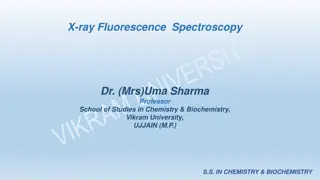California Utility Employees Presentation on Methane Emission Reduction Strategies
The Coalition of California Utility Employees presented strategies for the reduction of methane emissions, focusing on technologically feasible and cost-effective measures to prevent leaks and repair leaking components promptly. The rules and procedures adopted aim to address safety requirements and climate change impacts while considering the affordability of gas service for vulnerable customers. Furthermore, the state board aims to implement a comprehensive plan to reduce methane, hydrofluorocarbon gases, and anthropogenic black carbon emissions by specific percentages below 2013 levels by 2030.
Download Presentation

Please find below an Image/Link to download the presentation.
The content on the website is provided AS IS for your information and personal use only. It may not be sold, licensed, or shared on other websites without obtaining consent from the author.If you encounter any issues during the download, it is possible that the publisher has removed the file from their server.
You are allowed to download the files provided on this website for personal or commercial use, subject to the condition that they are used lawfully. All files are the property of their respective owners.
The content on the website is provided AS IS for your information and personal use only. It may not be sold, licensed, or shared on other websites without obtaining consent from the author.
E N D
Presentation Transcript
Presentation by the Coalition of California Utility Employees
975. (e) The rules and procedures adopted shall accomplish all of the following: (1) Provide for the maximum technologically feasible and cost-effective avoidance, reduction, and repair of leaks and leaking components . (2) Provide for the repair of leaks as soon as reasonably possible after discovery, consistent with established safety requirements and the climate change impacts of methane emissions. (4) Establish and require the use of best practices for leak surveys, patrols, leak survey technology, leak prevention, and leak reduction . 977. [T]he commission shall consider all of the following: (d) The impact on affordability of gas service for vulnerable customers as a result of the incremental costs of compliance with the adopted rules and procedures. 2
Health & Safety Code 39730.5. (a) No later than January 1, 2018, the state board shall approve and begin implementing the comprehensive short-lived climate pollutant strategy to achieve a reduction in the statewide emissions of methane by 40 percent, hydrofluorocarbon gases by 40 percent, and anthropogenic black carbon by 50 percent below 2013 levels by 2030. 3
